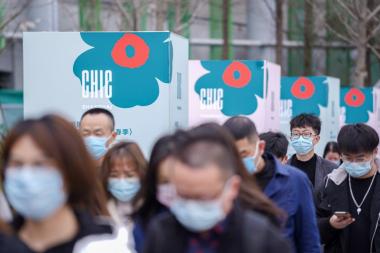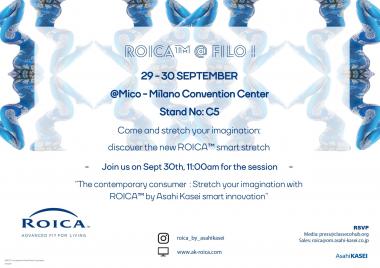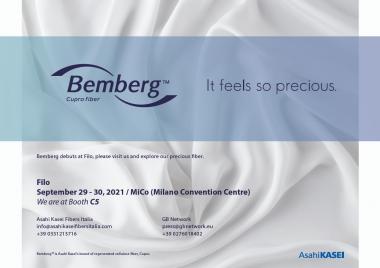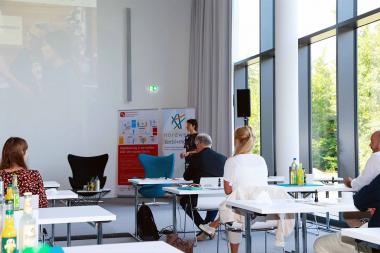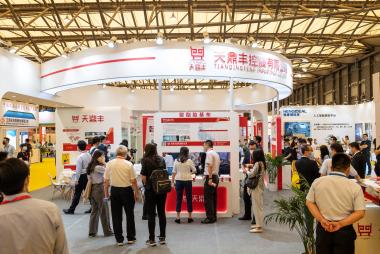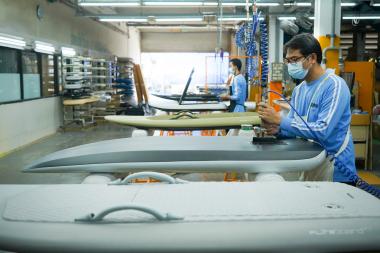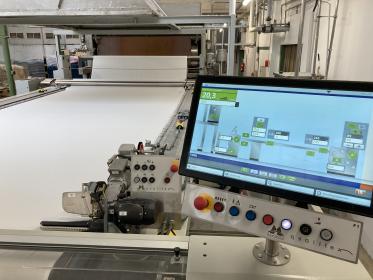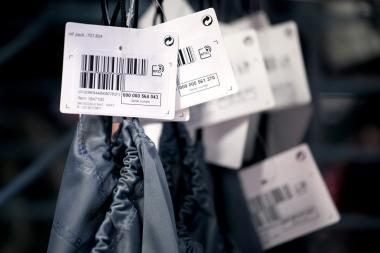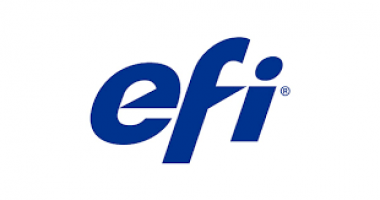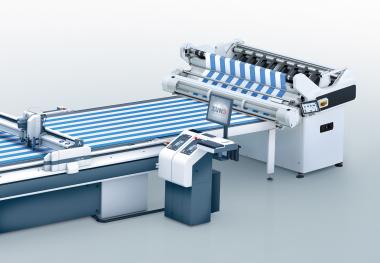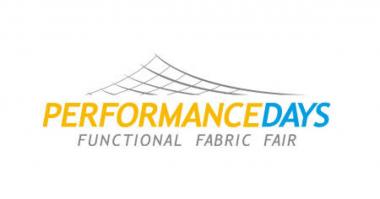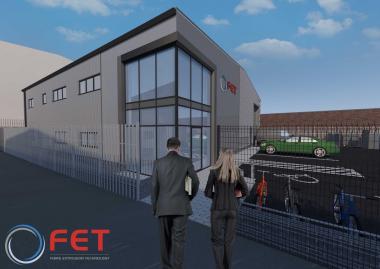CHIC Shanghai starts on October 9, 2021 with around 500 brands
From the 09-11th of October, CHIC will take place with around 500 fashion and lifestyle brands on 53,000 sqm in the National Exhibition & Convention Center in Shanghai and offers a perfect overview of the fashion innovations in all fashion areas of the next season.
Chinese consumers place increasing value on sustainable products, the topic of "sustainability" is present in all areas of CHIC, in cooperation with WGSN the latest trends in sustainable fashion S / S 22 are shown. Together with China Fashion and WWD, companies that produce particularly sustainably are honored as part of the "Pursuer of excellence in sustainability" event.
The organizers put a special focus on the expansion of digital tools for the trade fair participants, which were used in the run-up to the trade fair for intensive visitor marketing and at the trade fair to optimally network supply and demand, WeChat plays a central role here. The CHIC WeChat mini program has been expanded and integrates the CHIC e-catalog, tailored to the needs of exhibitors and visitors.
The next editions of CHIC will take place from 3-5th of November 2021 in Shenzhen and from 9-11th of March 2022 in Shanghai.
JANDALI MODE.MEDIEN.MESSEN


